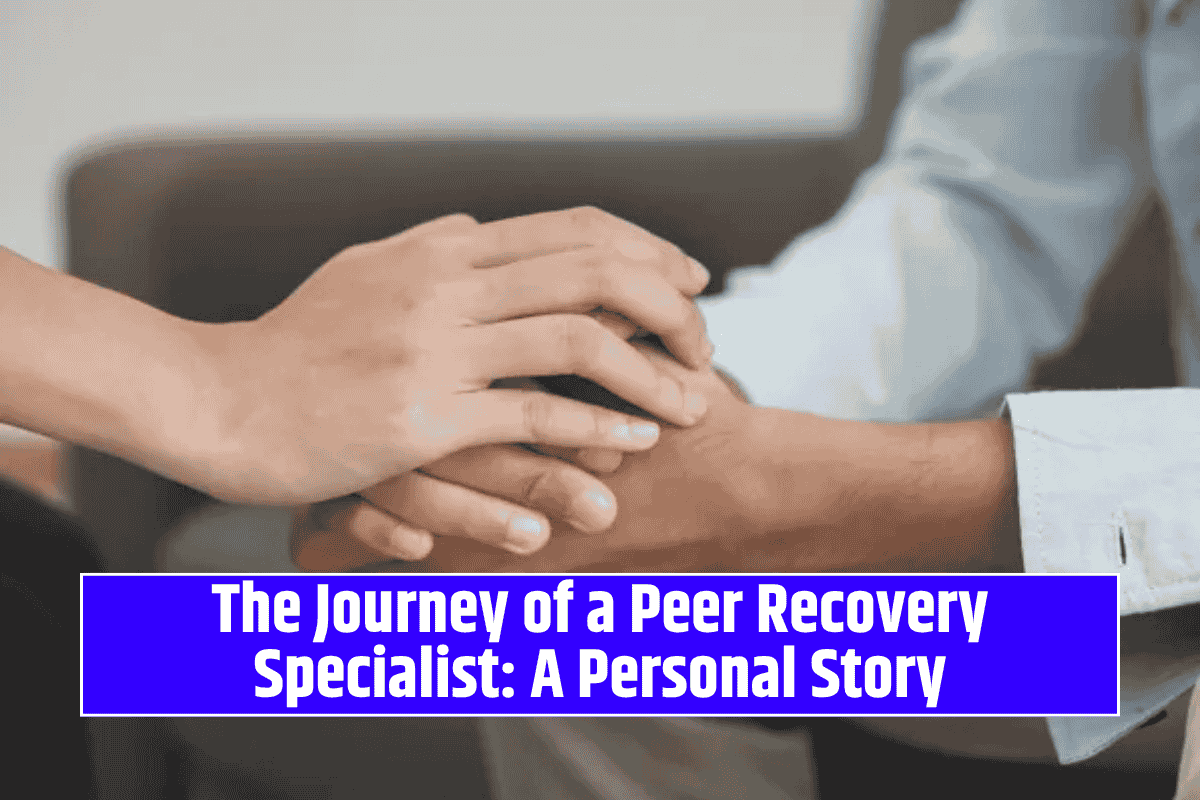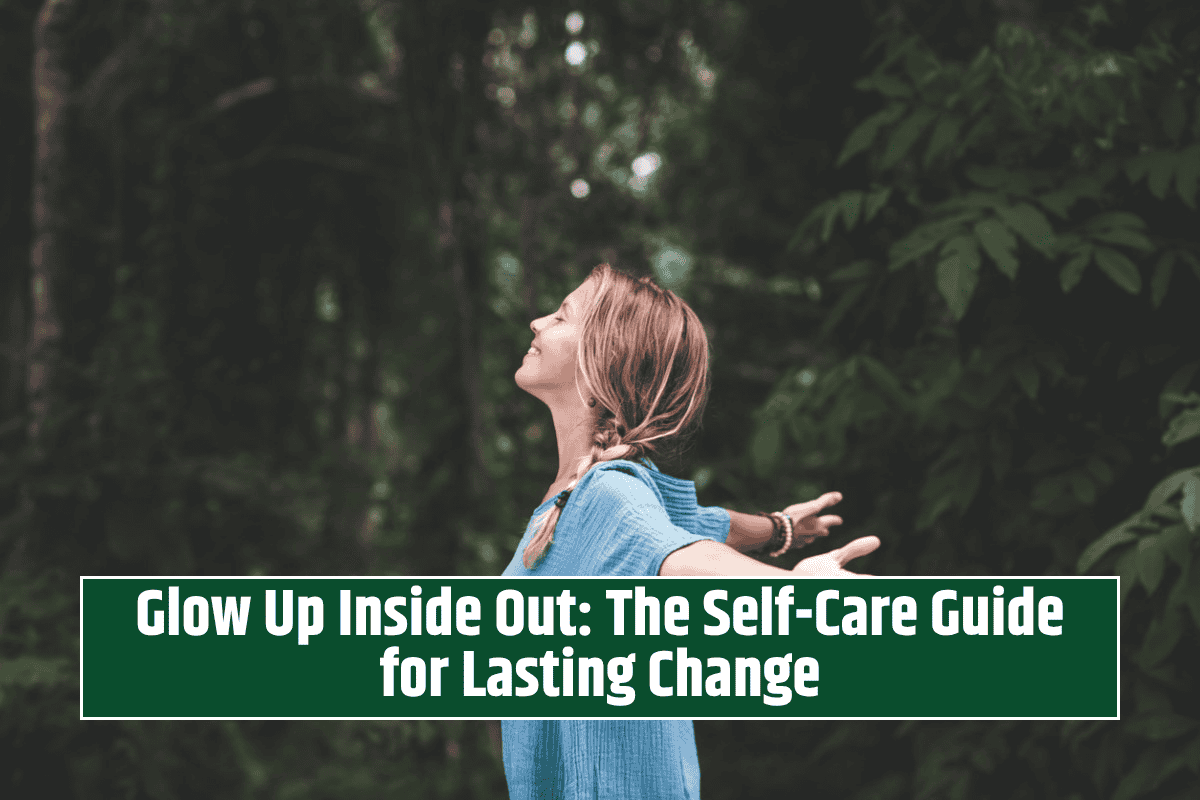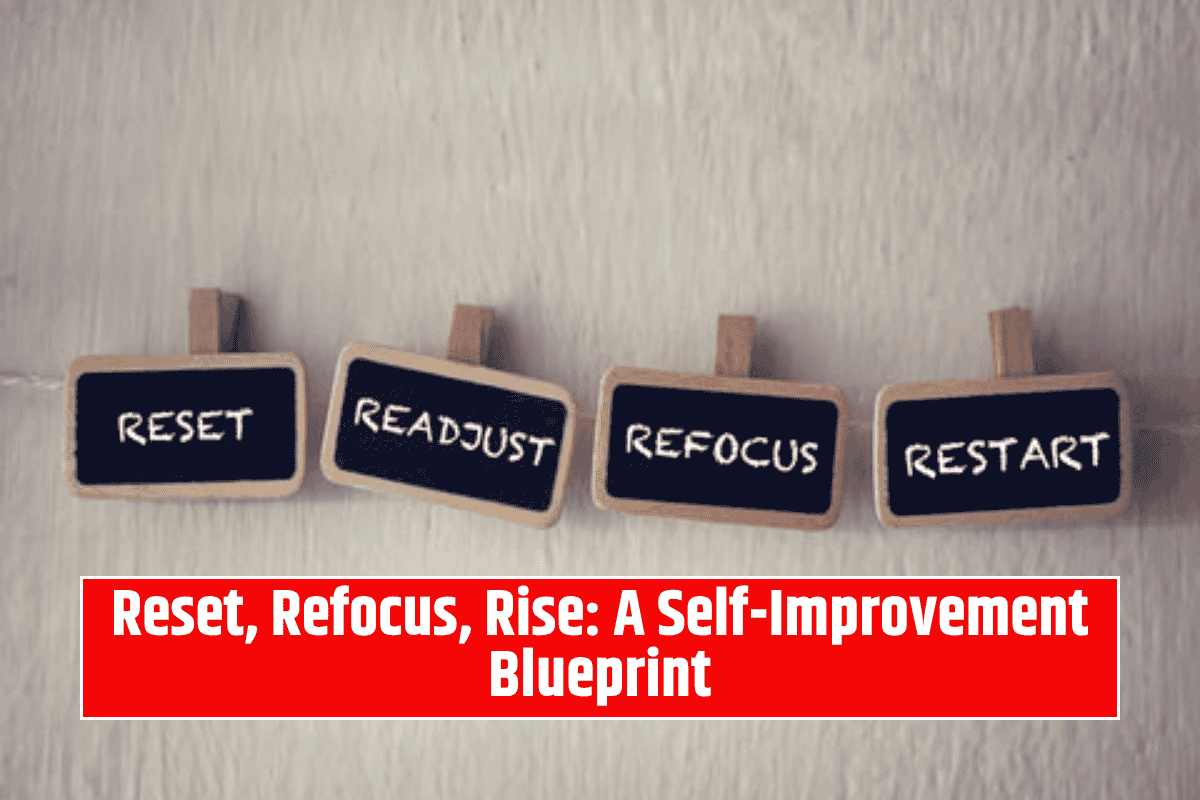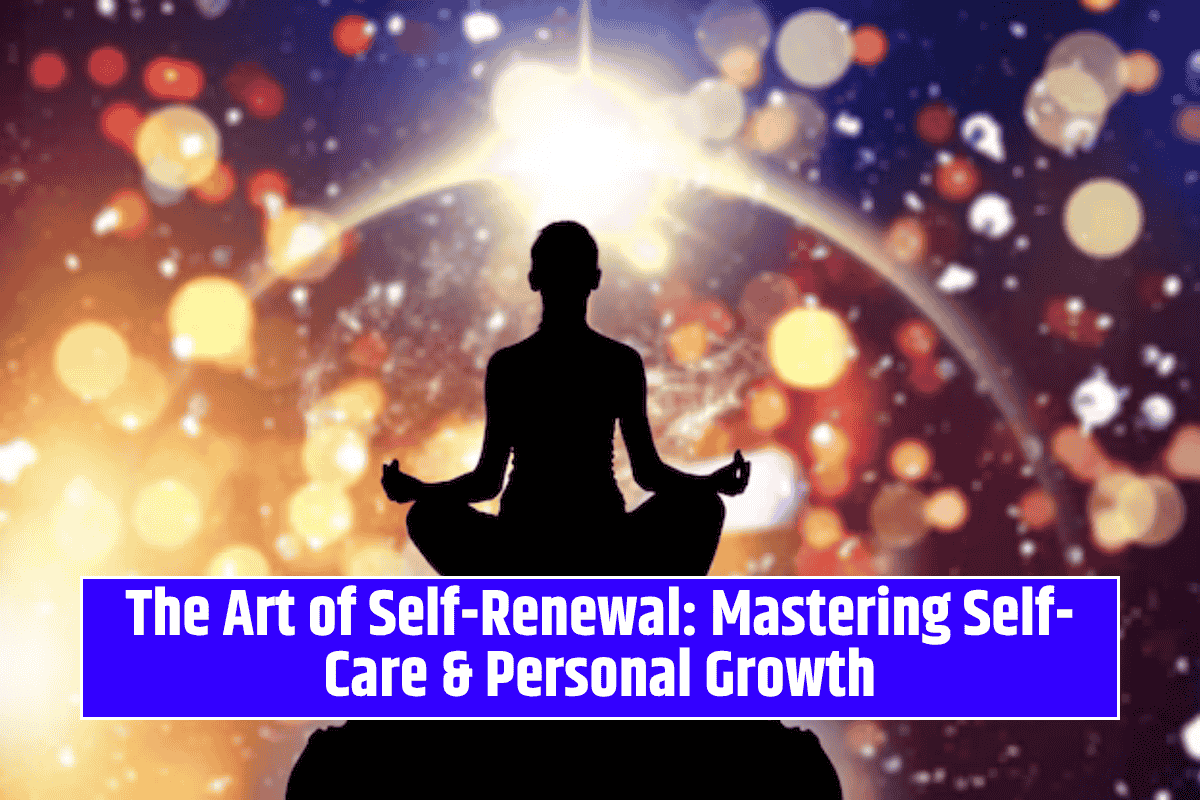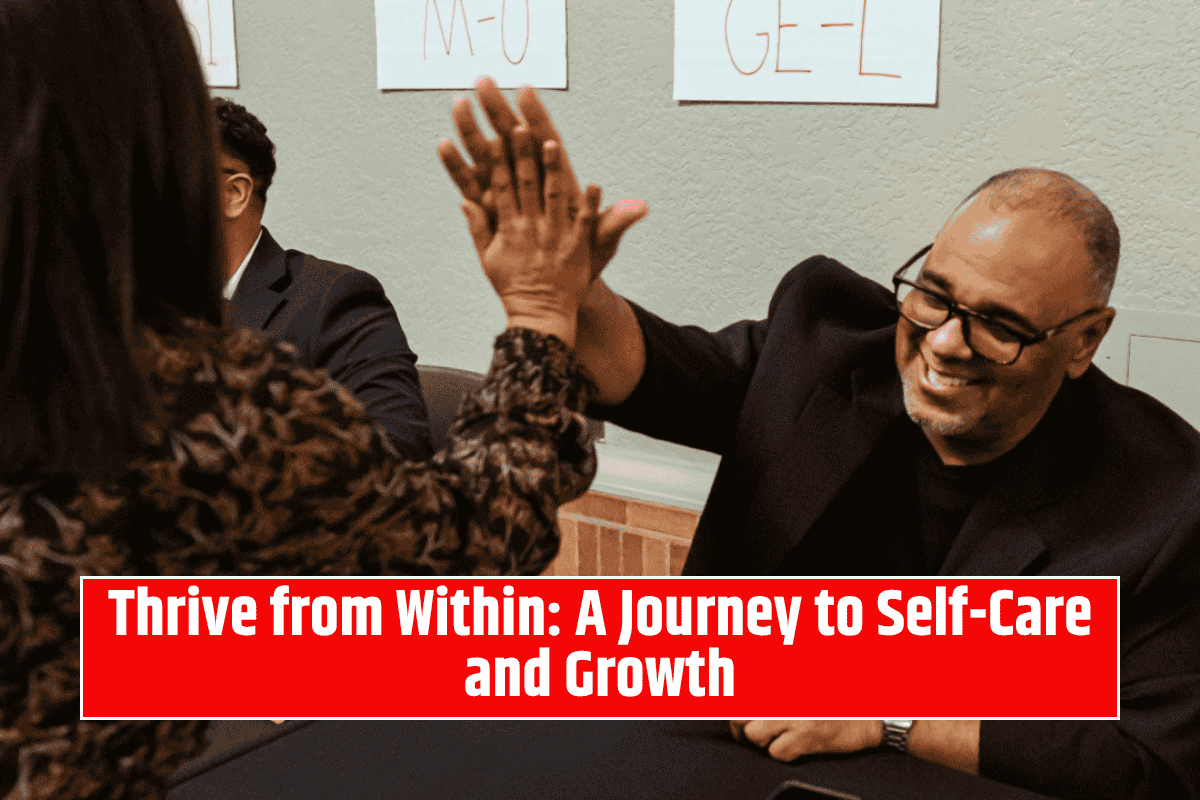Being a Peer Recovery Specialist (PRS) is not just a job; it’s a calling that combines personal experiences with professional skills to support people on their recovery journey.
As someone who has gone through recovery myself, I understand the deep need for empathy, understanding, and guidance in overcoming addiction and mental health challenges.
My path as a Peer Recovery Specialist has been a transformative experience that has shaped both my personal and professional life, and has given me the chance to help others reclaim theirs.
A Personal Struggle Transformed into Purpose
My journey to becoming a Peer Recovery Specialist began long before I knew the term “Peer Recovery Specialist” existed. Like many, I struggled with addiction and mental health issues.
I was stuck in a cycle of despair, unsure of how to recover or what the path forward might look like. The turning point came when I entered treatment and experienced the powerful support of peers who had walked the same path.
These were not therapists or professionals, but people who understood my struggles because they had lived through similar experiences. They provided me with something unique—a shared understanding, empathy, and hope.
Through their support, I began to believe that recovery was possible. I realized that I wanted to be that source of hope and inspiration for others who were struggling. That’s when I decided to take the step of becoming a Peer Recovery Specialist.
Becoming a Peer Recovery Specialist: A Calling
Becoming a Peer Recovery Specialist was a significant and life-changing decision. However, the journey wasn’t easy.
I had to complete certification requirements, including training, gaining new skills, and understanding the practical aspects of recovery.
What became clear through this process was the delicate balance between my lived experience and the professional knowledge I had to gain to be effective in my role.
I learned that while my personal story was essential to my work, I also needed to deepen my understanding of mental health, addiction, and recovery theories.
This combination of personal experience and professional knowledge is what makes a Peer Recovery Specialist effective in helping others.
The training process didn’t stop once I was certified. I continuously sought out workshops, seminars, and other learning opportunities to stay updated on the latest recovery techniques.
Most importantly, I focused on learning how to connect with people in a way that made them feel safe and understood.
I learned that recovery isn’t just about overcoming addiction or mental health challenges; it’s about rebuilding a life, and that requires a holistic approach that nurtures physical, emotional, and social well-being.
The Role of a Peer Recovery Specialist
As a Peer Recovery Specialist, my main role is to offer support to individuals in recovery through shared experiences. I help guide them, assist in setting goals, and offer emotional support as they face the ups and downs of recovery.
The most important part of my role is simply being there as someone who understands—not just as a professional, but as a peer who has been through similar challenges.
Each day brings new challenges, and every individual I work with has different needs. Some are in the early stages of recovery and may feel uncertain or fearful. Others might be further along but are struggling with setbacks like relapse.
Regardless of where they are on their journey, my goal is to meet them where they are, offer encouragement, and help them see their potential for change.
The beauty of this role is creating a space where individuals can feel comfortable sharing their experiences without fear of judgment.
It’s incredibly rewarding to witness moments of breakthrough when someone realizes that they are not alone and that they have the strength to build a better future. These moments reinforce my purpose and remind me why I chose this career.
The Challenges and Rewards
While the rewards of being a Peer Recovery Specialist are immense, the job is not without its challenges. Listening to people’s struggles and supporting them through their darkest moments can take an emotional toll.
There have been times when I’ve felt drained and struggled with burnout. However, I’ve learned that self-care is essential.
I make sure to take time for myself, seek supervision, and engage in peer support groups for professionals. These practices help me recharge and maintain my own mental health.
Despite the emotional challenges, the rewards of this work far outweigh the difficulties. The gratitude I receive from those I help, watching their progress, and knowing that I’ve made a positive difference in their recovery is immeasurable.
Every day, I am reminded of the power of shared experiences and how peer support can truly change lives.
The Future of Peer Recovery Support
Looking ahead, I’m excited about the future of Peer Recovery Specialists and the growing role we have in the recovery system.
As more programs recognize the value of peer support, there is a shift towards incorporating Peer Recovery Specialists into recovery models.
This change is important because it helps make recovery more accessible and holistic, where peers and professionals work together to offer comprehensive care.
Being a Peer Recovery Specialist is more than just a job; it’s a passion and a mission. Having experienced recovery myself, I am grateful for the chance to help others find their way.
My journey as a Peer Recovery Specialist has been filled with growth, challenges, and successes, and I look forward to continuing this rewarding work for years to come.
